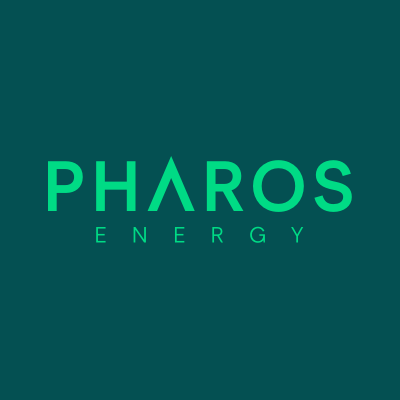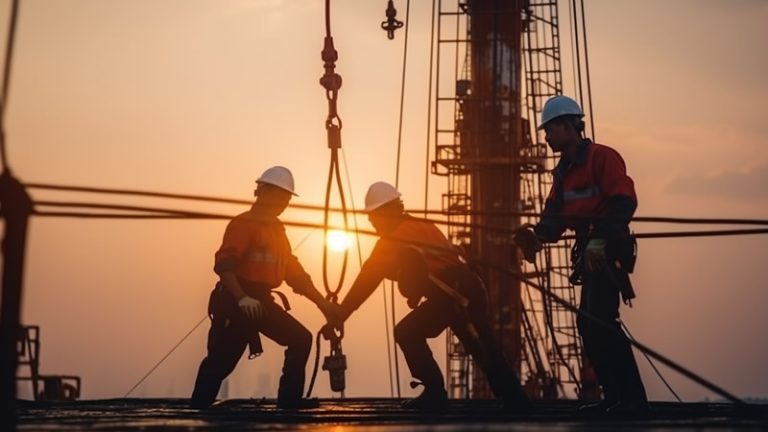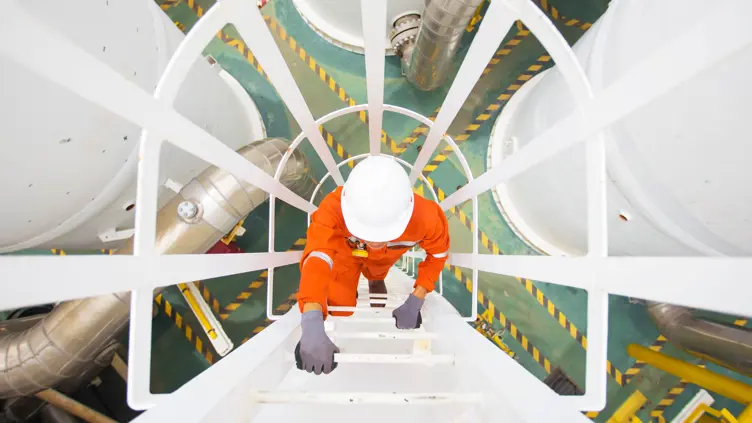Pharos Energy’s offshore ambitions in Vietnam have always been part of a larger balancing act, steady production offset by meaningful exploration upside. The latest development, a two-year extension to the Phase One period for Blocks 125 and 126, offers renewed scope to extract value from a long-view positioning.
Originally, the company had committed to drilling a well by mid-2025. That deadline has now moved to July 2027, effectively buying time at a point when timing matters more than pace. The Vietnamese authorities’ approval gives Pharos a broader window to progress commercial discussions with potential partners and navigate the complexities of deepwater rig contracting, all while preserving full optionality over one of its most geologically intriguing plays.
Pharos holds a 65 percent operating interest in both blocks, located in the underexplored Phu Khanh Basin. While neighbouring areas have been subject to decades of development, these blocks remain largely untouched, offering fresh exposure to a new geological frontier. What sets them apart is not just their size or depth, but their potential to reveal a play system distinct from the legacy basins of Vietnam.
Against that backdrop, the extension is not merely administrative, it represents a tactical recalibration. Farm-out discussions are ongoing, and with the upstream sector showing renewed interest in frontier exploration, Pharos is clearly positioning to secure the right capital and technical alignment, not simply any available deal. The additional time allows for partner selection to be driven by strategic fit, not deadline pressure.
This is equally relevant on the operational front. Deepwater rig availability remains tight, with rates still elevated across much of the global market. The extension enables Pharos to negotiate with more leverage, potentially locking in more favourable rig terms and securing equipment under conditions that support rather than undermine the economics of first-phase drilling.
There is also more room now for further technical refinement. With the 3D seismic data already processed, Pharos has a clearer sense of the structures and prospectivity. The time extension permits additional modelling, risk ranking, and geological testing, all of which will improve the quality of the eventual well location and execution. For a region with no prior drilling history, this matters. A single well in this setting must deliver both technical insight and commercial clarity.
The broader regional context also supports this patient positioning. Vietnam remains a net importer of hydrocarbons, and any new domestic supply carries strategic weight. Successful exploration here would be well timed to intersect with energy diversification goals and increasing domestic gas demand. These dynamics could further enhance the long-term value of any discoveries, even before full development is considered.
Importantly, the extension does not reflect a step back or diminished interest in the basin. Pharos has not diluted its equity, nor has it signalled any retreat. Instead, this move indicates a clear intent to execute with discipline. The choice to defer drilling reflects a prioritisation of value over velocity, an approach often rewarded in high-cost, high-impact frontier zones.
For investors, the key takeaway is not the length of the extension, but what it enables: strategic partner engagement, better rig contracting opportunities, and enhanced technical targeting. In markets where short-termism often dominates, this longer runway allows Pharos to play the exploration game on its terms, not the market’s.
Pharos Energy Plc (LON:PHAR) is an independent energy company with a focus on delivering long-term sustainable value for all stakeholders through regular cash returns and organic growth, underpinned by a robust cash flow and resilient balance sheet.







































